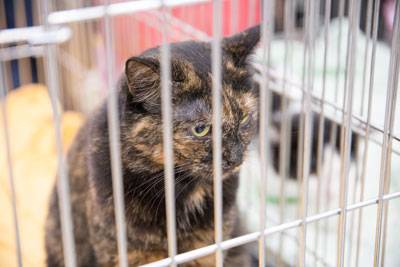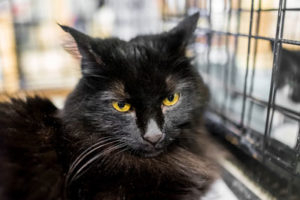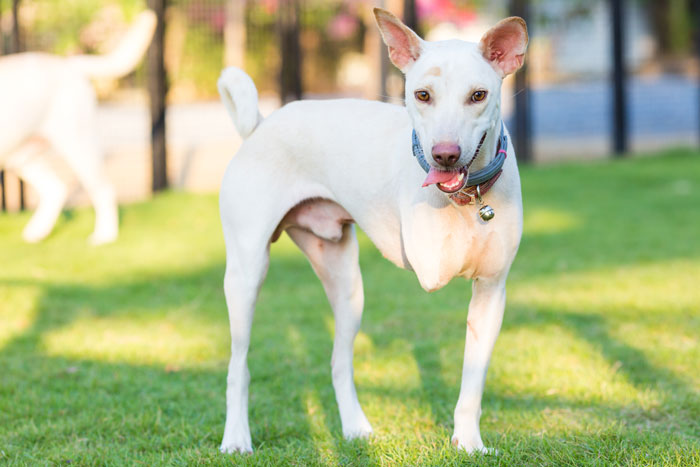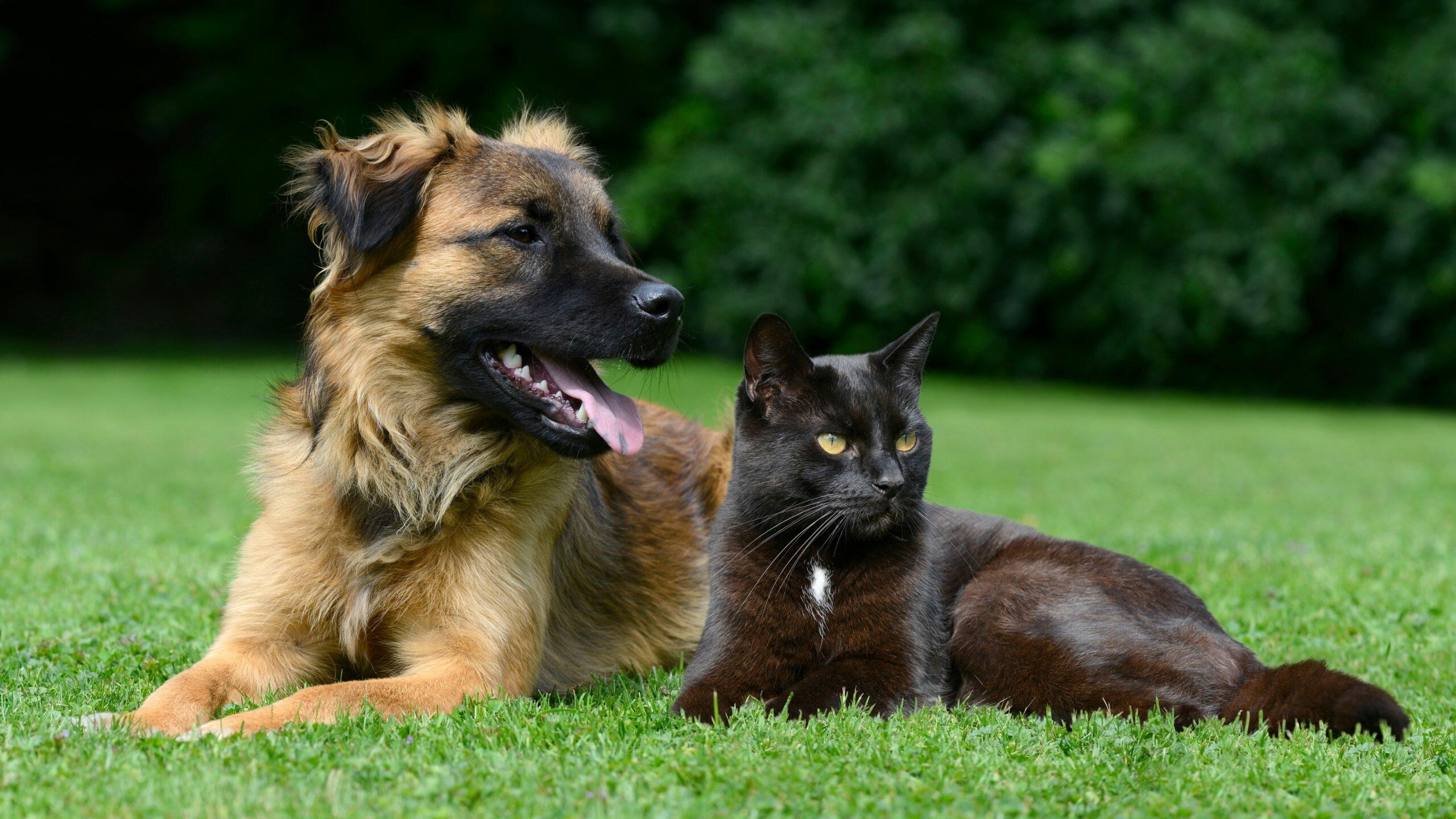Every companion animal should have a forever family.
Shelters around the country are filled with homeless pets, many of who will never get a home. More than a million dogs and cats are euthanized in shelters each year because no one wants them.
While this is an incredibly sad truth, you can do something to help. By choosing a less-adoptable animal from a shelter, you will help reduce the number of pets euthanized, even if it’s only by one. What makes a pet less adoptable? Shelters cite several different factors.

©Pavel/Adobe Stock
Age
The age of a pet is probably the most significant reason certain pets are not adopted from shelters. Many people want puppies or kittens, or at the very least, younger adults. Senior dogs and cats are the pets most likely to languish in shelters. Senior cats in particular are at the greatest risk for being overlooked for permanent homes.
Although many adopters prefer younger animals, older pets come with many benefits. Adult and senior dogs are often housetrained and so don’t require the amount of work involved with teaching proper bathroom habits to a puppy. Some also have basic obedience training from their former lives. Most senior dogs and cats also have a lot less energy than a puppy or kitten, and so can be a great choice for less-active households.

©lunaundmo/Adobe Stock
Special Needs
Dogs and cat with physical disabilities or ongoing health issues can be hard for shelters to place. Dogs and cats who are blind, deaf, have an amputated limb or other physical defect are often overlooked. Some pets suffer from diabetes, neurological issues or chronic heart disease. Cats can also have incurable but manageable illnesses like feline leukemia virus (FLV) or feline immunodeficiency virus (FIV).
These animals require more care than a pet without these issues, which often means they are left behind as other dogs and cats at the shelter are adopted. While it takes a giving person to open his or her heart to a disabled or chronically ill pet, the rewards are often tenfold. The experience of caring for a sick or disabled pet often results in an even deeper bond between animal and human.

©Kristina/Adobe Stock
Color
Although it might sound hard to believe, the color of a dog or cat’s coat can make a difference in whether or not that pet gets a home. Pets with black coats are often overlooked in shelters, and are notoriously hard to place. Experts believe the reasons for this are several, including difficulty in seeing a black pet’s facial features, the commonness of black pets, and even superstition, since black dogs and cats are often portrayed in the media as evil, supernatural or associated with bad luck. In reality, black pets can be just as sweet, loving and friendly as any other shelter pet.

©lightsecond/Adobe Stock
Breed
Although Pit Bulls can make wonderful family pets, the breed gets a bad rap. In fact, some insurance companies won’t even cover homes where a Pit Bull resides. As a result, Pit Bulls and Pit Bull mixes are often passed over in shelters. Some private rescues won’t even accept Pit Bulls because they are so hard to place.
Pit Bulls and Pit Bull mixes can be wonderful, loving dogs, just like dogs of any other breed. Although the breed has a bad reputation in the media, the vast majority of Pits and Pit mixes are great family dogs.
About the Author: Audrey Pavia is an award-winning freelance writer and author of “The Labrador Retriever Handbook.” She is a former staff editor of Dog Fancy, Dog World and The AKC Gazette magazines. To learn more about her work, visit www.audreypavia.com and hollywoodhoofbeats.net/





